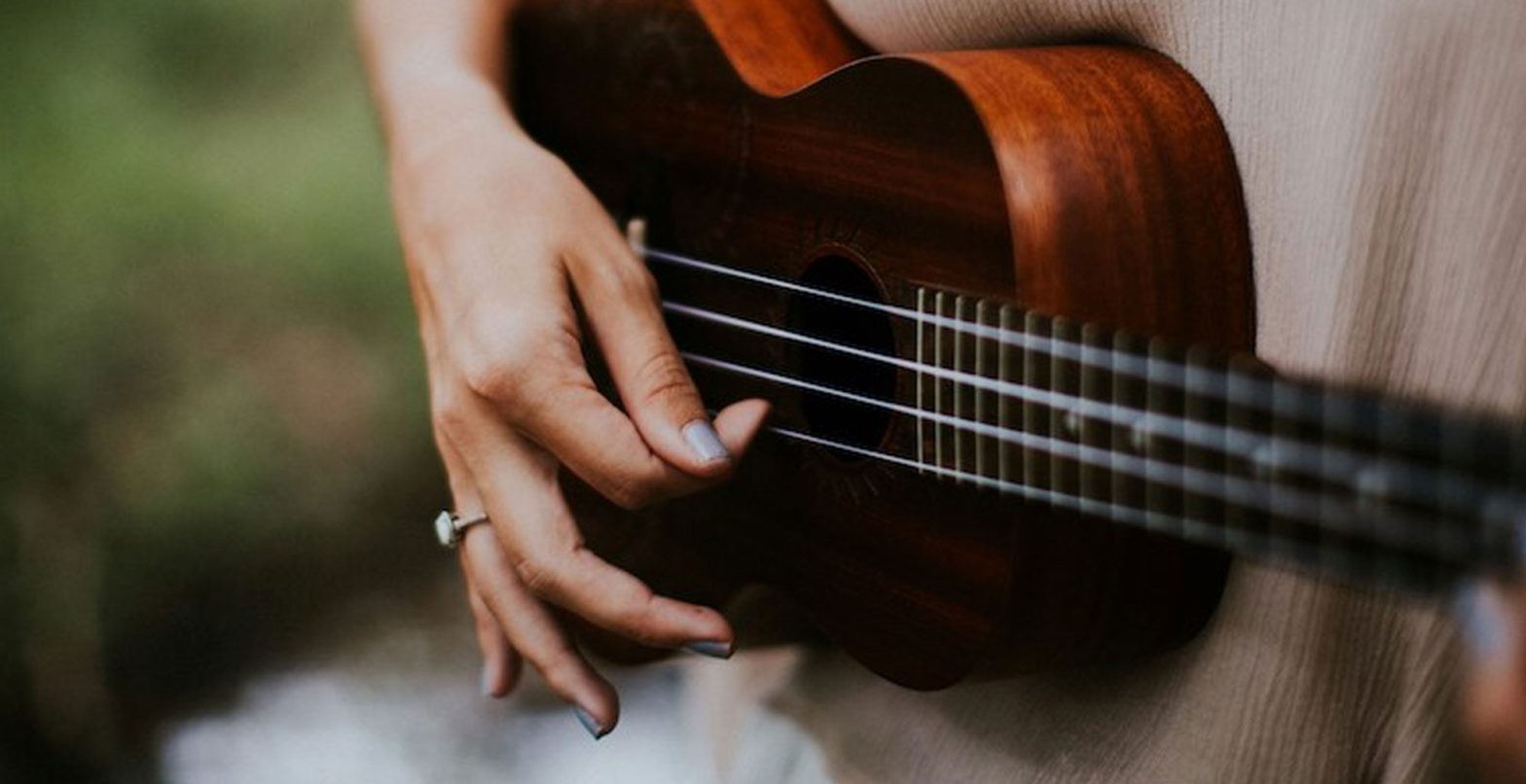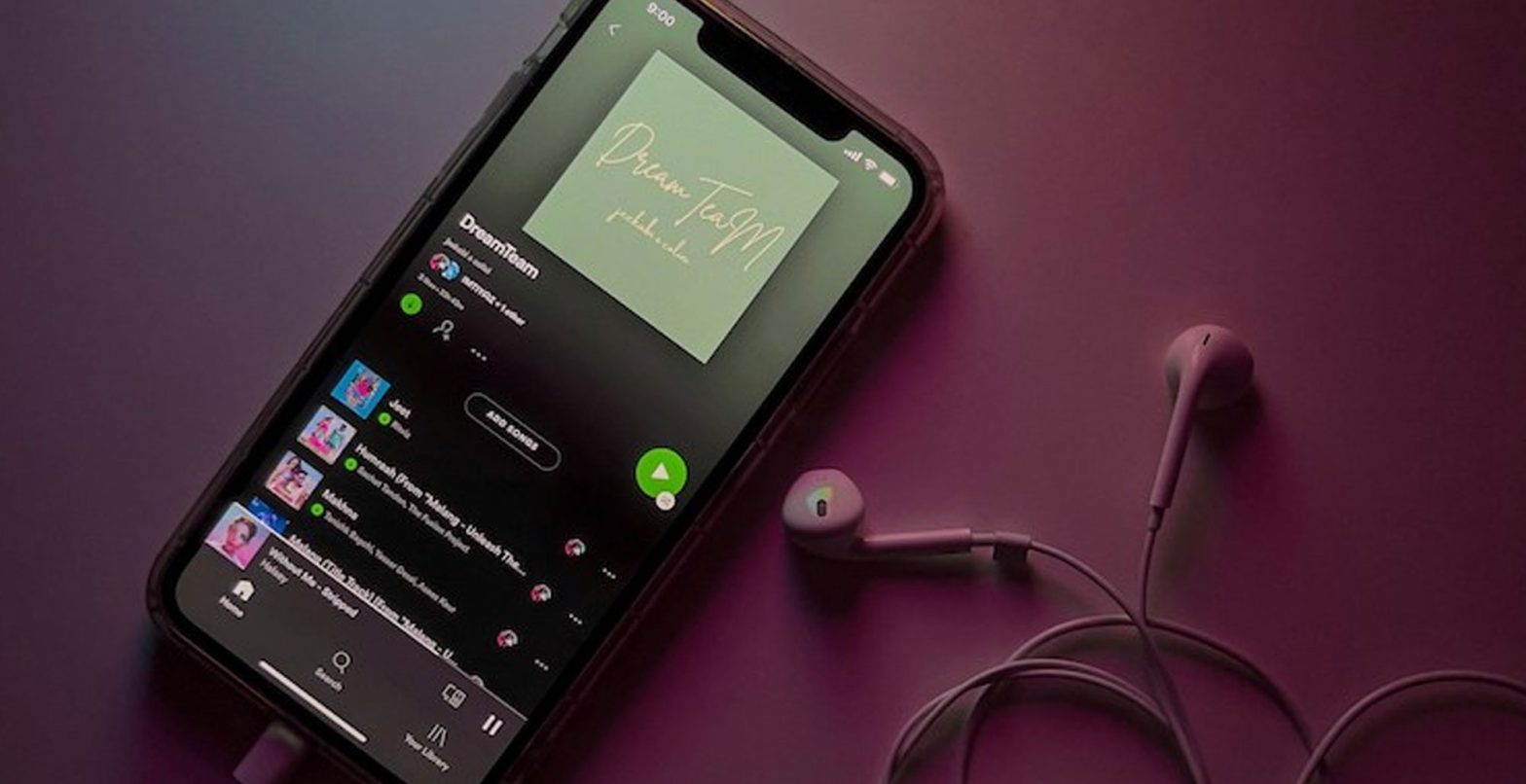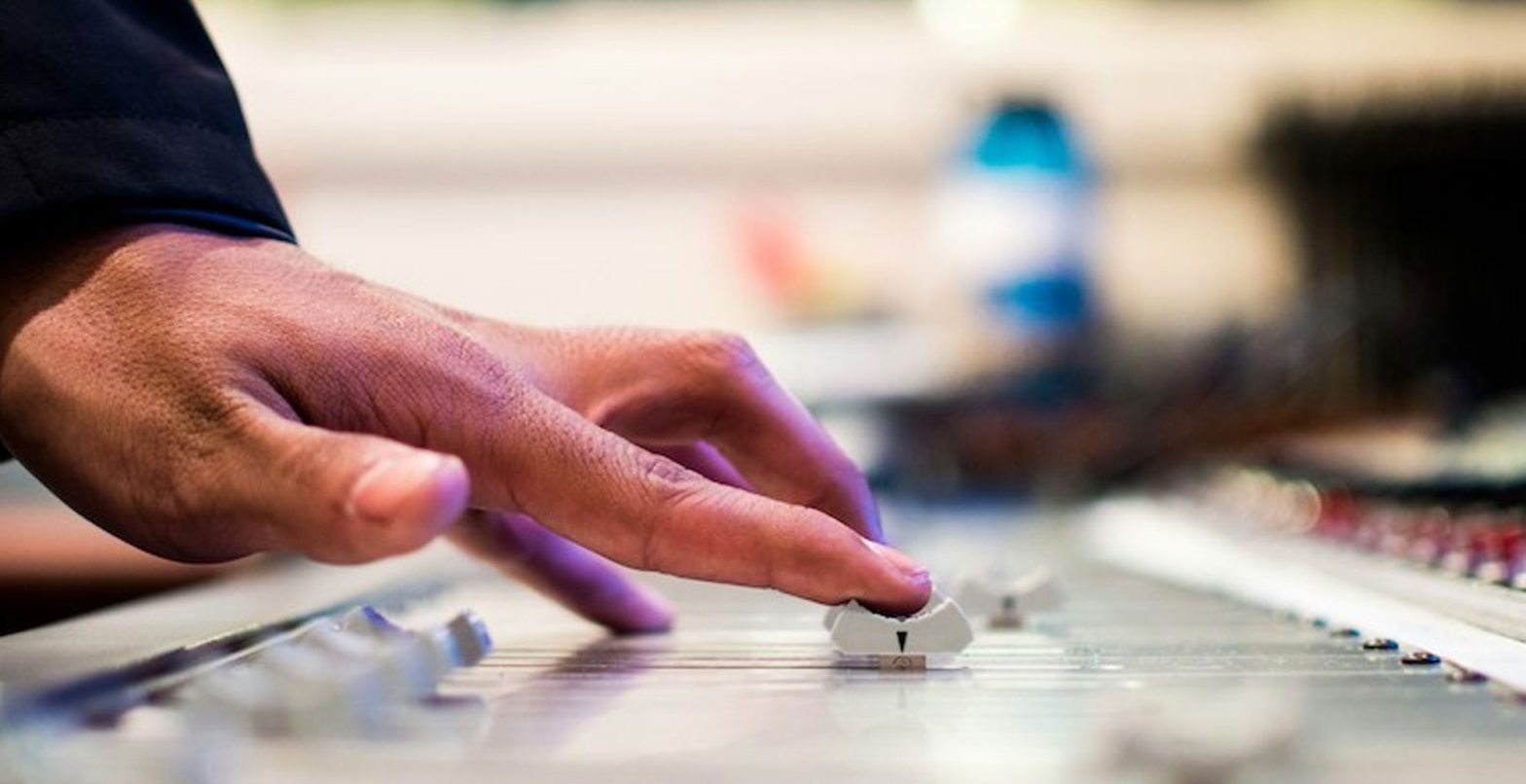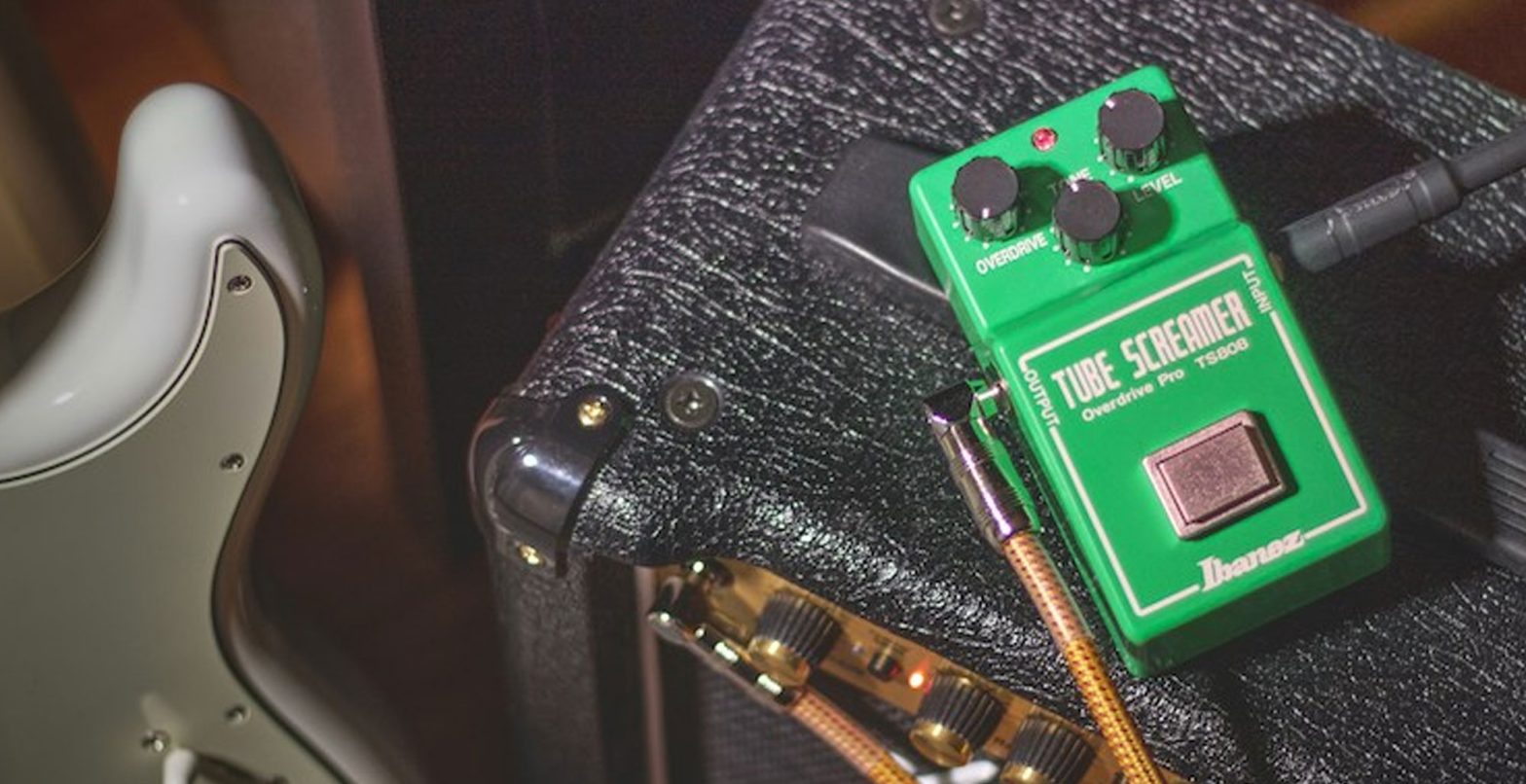So, you’ve decided to dip your toes into the world of music, maybe write a song or two, and now you’re standing at the crossroads, wondering which instrument to pick up first. No worries, every aspiring musician has been through this, so don’t panic if you can’t decide where to start. Whether you’re a budding songwriter or an aspiring artist looking to broaden your skills, choosing an instrument that’s easy to learn can make a world of difference. Let’s dive into some of the easiest musical instruments to learn, so you can expand your skills as an artist and dive even deeper into the world of songwriting and musical composition.
Harmonica
Imagine you’re sitting around a campfire, the stars twinkling above, and someone pulls out a harmonica. Suddenly, the night is filled with soulful tunes. Or, maybe you’re a fan of spaghetti westerns and want to give your own rendition of Ennio Morricone’s ‘The Man with the Harmonica.’ Whichever it is, you should know that this tiny instrument, also known as the mouth organ, packs a punch far beyond its size.
The harmonica is incredibly portable and relatively simple to master. Its straightforward design allows you to produce rich, expressive sounds with minimal effort, not to mention it’s fun to play around with. For beginners, a diatonic harmonica in the key of C is a great starting point. Within a few practice sessions, you’ll be playing folk, blues, and rock melodies, impressing your friends and adding a unique flair to your songwriting. Who knows, you could become the next Bob Dylan in no time!
Acoustic Guitar
The acoustic guitar is the quintessential instrument for songwriters. It’s the backbone of countless iconic songs and is revered for its ability to convey emotion through its strings. It’s also one of the easiest instruments to master, even though it might seem difficult for a newbie.
While it might seem daunting at first, the basics of guitar are surprisingly accessible. With a few chords and a bit of practice, you can strum along to your favorite tunes or start composing your own. Resources like YouTube tutorials and chord charts make learning even easier. Or, of course, you can just play it by ear and just experiment with it. Whatever method works best for you, just keep it simple and take it step by step. You’ll be glad you tried it in the long term, as the guitar’s versatility across genres – from folk to rock, country to pop – ensures you’ll find your niche.
Keyboard
The keyboard, or the classic piano, is another fantastic instrument for beginners. Its layout is intuitive, making it easier to understand music theory and composition. Sure, at first glance a keyboard can be incredibly intimidating, but once you start playing around and experimenting, you’ll see that it’s not at all impossible. Even better, keyboards often come with built-in learning modes and features to assist you as you practice, so you don’t have to figure it all out by yourself.
With a keyboard, or maybe a MIDI interface, you can experiment with various sounds and styles, from classical to electronic music. The immediate visual feedback of the keys helps you understand scales and chords quickly, which is invaluable for songwriting.
Ukulele
The ukulele, with its cheerful sound and easy-to-learn structure, is perfect for beginners. Its four nylon strings are gentle on the fingers, and the small fretboard is ideal for young musicians or those with smaller hands.
Learning a few basic chords on the ukulele can enable you to play a wide array of songs. Its light, breezy tone makes it particularly suited for pop and folk music. At the same time, you can infuse this versatile instrument with soul and feeling, just like Eddie Vedder in his solo work. Plus, the ukulele is incredibly portable, allowing you to take your music on the go. You can practice anywhere, at any time, so it’s also convenient.
Drums
Drumming is an exhilarating way to dive into music, not to mention that it provides a solid cardio workout and helps you release all that pent-up energy. While a full drum set might seem intimidating, you can start with a simple setup and build from there. Or you can give electronic drums a try, to save space. Drums are all about rhythm, and as a songwriter, understanding rhythm can profoundly enhance your compositions.
Begin with basic beats and gradually explore more complex patterns. There are numerous online tutorials to help you get started, and once you find your groove, you’ll be laying down the foundation for amazing tracks. It can be hard at first to coordinate, as you have to get used to your arms and your feet doing different things, but once you get the hang of it, drumming can be quite addictive. Channel your inner Chad Smith or Dave Grohl and just go at it!
Bongos
If a full drum set isn’t your thing, and Dave Grohl is a bit too high energy for your taste, consider starting out with bongos. Yes, bongos. These compact drums are played with your hands, making them highly accessible and fun. You can play the bongos while watching a movie or waiting for your next Zoom meeting to start; they’re awfully easy and convenient. But they’re more than just fun; bongos are also perfect for exploring rhythms and adding a percussive element to your music without a steep learning curve.
Flute
Now it’s time to channel your inner Ian Anderson and play along to your favorite Jethro Tull songs. The flute, with its soothing, ethereal tones, is a beautiful instrument for beginners, and quite easy to master. Of course, learning advanced techniques takes time, but producing basic melodies and figuring out how to work with the instrument is quite straightforward. The finger placements are intuitive, and with a bit of practice, you can create enchanting tunes without much effort.
The flute’s portability and versatility across genres, from classical to jazz to folk, make it a wonderful addition to your musical toolkit. If drumming is a good cardio workout, playing the flute is like a pilates or yoga session for your fingers.
Recorder
Many of us have fond (or not so fond) memories of the recorder from school music classes. However, don’t underestimate this instrument, as it’s not just for kids anymore. The recorder is actually straightforward to learn and provides a great introduction to wind instruments.
Starting with a simple soprano recorder, you can quickly learn to play melodies and understand basic music notation. The recorder’s clear, bright sound is perfect for folk and early music, making it an excellent tool for expanding your songwriting palette. After you master the recorder, you can move on with confidence to the flute or other, more complex instruments. It’s a great stepping stone to learning musical composition, and a fun one, as well.
Remember, the key to mastering any instrument is practice, patience, and a bit of passion. So pick up that harmonica, guitar, keyboard, ukulele, drumstick, bongo, flute, or recorder, and start creating the soundtrack to your life.
Frequently Asked Questions
Which musical instrument is the easiest for absolute beginners?
For absolute beginners, the ukulele is often considered the easiest instrument to start with. Its small size, fewer strings (just four!), and simple chord structures make it incredibly approachable. You can learn a handful of chords in a single afternoon, allowing you to play many popular songs almost immediately. Its gentle nylon strings are easy on the fingers, making the learning process much more comfortable compared to steel-stringed instruments.
How long does it typically take to learn the basics of an instrument like the acoustic guitar or keyboard?
The time it takes to learn the basics of the acoustic guitar or keyboard can vary, but with consistent practice, you can expect to play simple songs within a few weeks. Dedicating 20-30 minutes daily can lead to noticeable progress in about a month. Online tutorials, instructional videos, and beginner courses can significantly accelerate this learning process, helping you grasp basic chords, scales, and simple melodies efficiently.
Does learning an instrument help with songwriting?
Yes, learning an instrument provides a deeper understanding of music theory, rhythm, and harmony, all of which are crucial for songwriting. It enables you to experiment with different sounds, chord progressions, and melodies, helping you create more complex and polished compositions. Additionally, being able to play an instrument allows you to perform your songs live, offering a more personal and authentic connection with your audience.
Join Xposure Music and gain access to some of the best music industry professionals in the U.S. Top experts from Sony, Columbia, Def Jam, or Universal have already joined our platform, and they’re ready to give invaluable, on-point feedback on your work, which can help you land that dream record deal or publishing deal you’ve been working towards. Sign up now and reap the rewards.
If you’re looking to kickstart your music career but have limited resources, we can help you get funding for your next project while staying in control of your own work and career trajectory. You keep 100% ownership of your masters and get an advance ranging from $1,000 to $3 million to get your career off the ground. Get an estimate now and start turning your dream into reality.





